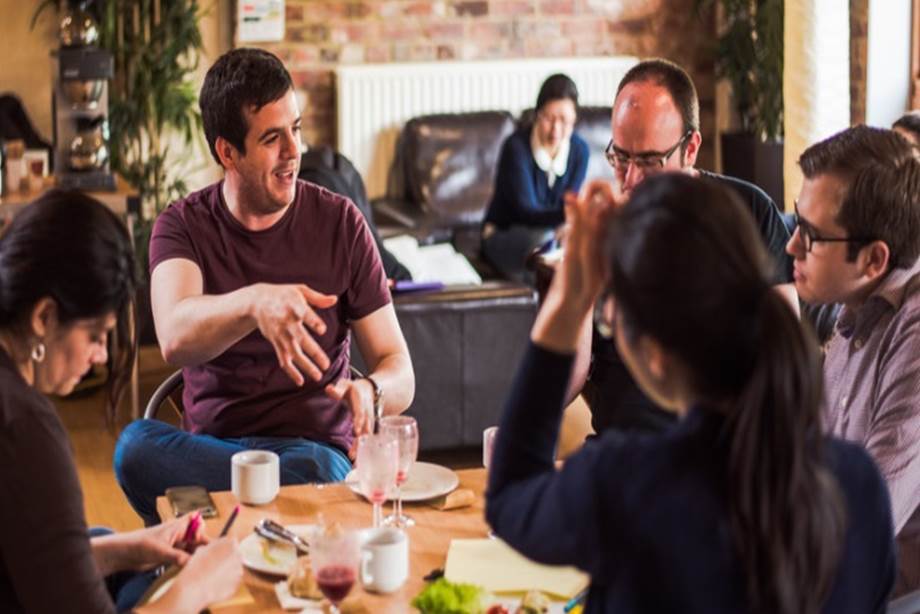By José Luis Mateos.
When browsing through the new –and rather sharp!– Matariki Global Citizenship (GC) website, one bumps into a myriad of interesting and encouraging mission and vision statements, especially from the perspective of a higher education student. As I skim-read through Matariki’s GC strands, I come across a powerful statement: that Matariki’s GC sees ‘students as key stakeholders of the future, and as valuable co-creators of academic environments within universities’. Thus, to achieve this goal, empowering learners becomes a necessity. In the case of higher education, there are many ways institutions can effectively realise this, at least pedagogically. Professor Julie Hall explores one of these ways in a Higher Education Academy paper, arguing that the co-creation of curriculum content ‘counters feelings of alienation amongst students and has the potential to generate new knowledge and understanding’.
However, pedagogy is just one dimension in the complex landscape of higher education. It interacts with other equally relevant structures and actors in a convoluted network of policy-makers, economic doctrines and political ideologies, to name a few. In the UK –and England in particular–, the higher education systems has been recently shaken up and the implicit social contract between universities and societies has been redefined in recent years. In the past decade, entrants into higher education have seen their tuition fees raised up to £9,250, universities are now being scrutinised in terms of the “excellence” of their teaching –using controversial proxy measures to do so–, and the granting of degree awarding powers and university titles is the responsibility of a the new Office for Students. All these changes stem from what Liz Morrish calls the adoption of a ‘neoliberal model’ of university. Then, and without dwelling on the neoliberal turn in UK’s higher education, what is left for student empowerment in such a system? I hope this post addresses this.
‘Empowering student choice’
I recently attended a symposium on the digital university in a neoliberal age held at the University of Birmingham in which Liz Morrish argued that the current Government’s emphasis on competition and choice in higher education is driven by the notion that only these will be able to tackle the fact that ‘over one third of undergraduates in England believe their course represents very poor or poor value for money’, as stated in the 2016 Higher Education White Paper. Indeed, the introduction of the Teaching Excellence Framework –the evaluation exercise that aims to identify and reward excellence in teaching, learning and outcomes– is clearly informed by this assumption. It is claimed that institutions will ‘raise their game’, offering ‘more innovative and better quality products’ by helping prospective students to vote with their feet. This undoubtedly reflects an intention to make the system look more like a ‘market’, ‘empowering student choice’ by framing students as consumers.
Empowered students or satisfied consumers?
That is what is left for student empowerment: learners will shape their learning experience in the same way consumers do in the market place, by ‘shopping’ in a different place if the ‘provider’ does not supply their favourite yeast extract spread (note the deliberate use of market-like language). As a matter of fact, the TEF includes an important element of student satisfaction, allowing league tables to be produced based, in principle, on the same mechanisms as you’d find in 5-star-model products and services review website. It is critical, then, that we push for a collective exercise on whether long-needed pedagogical innovation –such as Julie Hall’s co-creation of curriculum– do fit the expectations of potentially ‘satisfied consumers’. If that is not the case, Matariki’s GC understanding of student empowerment is doomed to become a chimera unless we manage to challenge the assumptions that frame the notions of both students and institutions in UK’s higher education.

